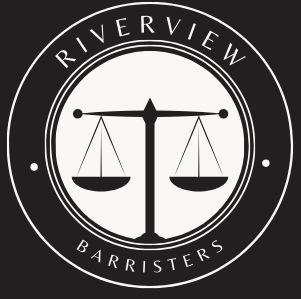
Finding a lawyer through personal recommendations from friends or relatives is the ideal method; however, this process may take some time.
Consider an attorney’s experience and specialty, especially if your legal issue involves employment discrimination or zoning regulations. You should hire one who specializes in this area of law for optimal results.
Local Bar Associations
Bar associations exist on both a local and state level; local ones offer attorneys an efficient means of building connections more directly. Such organizations frequently host networking events, mixers, and meetings that give attorneys the chance to meet potential clients directly.
Many local bar associations also host Continuing Legal Education (CLE) sessions tailored specifically to particular practice areas. These courses can help fulfill mandatory CLE requirements while giving attorneys the chance to delve deeper into their fields and stay aware of emerging trends.
Additionally, local bar associations frequently organize community service initiatives. Attorneys who attend can use these events as an opportunity to work with local businesses and build long-term relationships that will bring in business for years. They may even find pro bono cases requiring their expertise.
Referral Services
Most communities offer lawyer referral services, typically listed under their local Bar Association (“Centerville Bar Association,” for instance) in the white pages. These services make referrals based on specific areas of law.
Staff working for referral services must receive extensive training in how to navigate and use their resource database, communicating effectively with clients. Furthermore, they should have knowledge about all programs and agencies they refer to including their availability hours and eligibility criteria.
Consider offering after-hours access to your information and referral service for those most in need, ensuring those requiring legal advice can seek legal help at their convenience – which will increase your service’s effectiveness and credibility with consumers.
Internet
Consumers now primarily turn to the Internet when searching for legal assistance, according to a 2014 FindLaw survey. Internet searches now outpace word of mouth referrals as consumers turn their focus online in their quest for legal representation. Many for-profit websites exist that aim to connect clients with attorneys in their local areas by asking clients about their legal issue before matching them up with attorneys who specialize in that specific field. It is thus paramount that attorneys ensure their website and directory profiles contain detailed and relevant information regarding their firm, education, associations and practice areas.
Referrals from Friends and Family
Referrals from friends and family can be an excellent starting point in your search for legal representation. Your loved ones understand your personality, communication style and financial requirements better than anyone, giving them the insight needed to give the most suitable recommendations.
Contact your local attorney referral service and request a recommendation based on the nature of your issue. These services often offer information on each attorney, such as their experience, education background and practice areas.
If you have identified several potential attorneys, be sure to conduct further research into them, including reviewing their websites and directory profiles. It is vital that an attorney’s website reflects both their expertise and professionalism while being easily accessible for prospective clients.
Personal Interviews
Personal interviews provide an evaluation committee with an opportunity to verify claims made in resumes and applications, ask for examples, identify inconsistencies and tailor evaluations specifically to each candidate, making their evaluation more meaningful. Emails or personal communications cannot be retrieved by readers so these should be listed under “Personal communications.” Published interviews can take many forms such as magazines; newspapers; transcripts from radio broadcasts/podcast episodes/YouTube videos/TV shows etc – when citing these types of references include initials/surname/date of communicator along with the date/intentionality/source of referenced interviewee.
